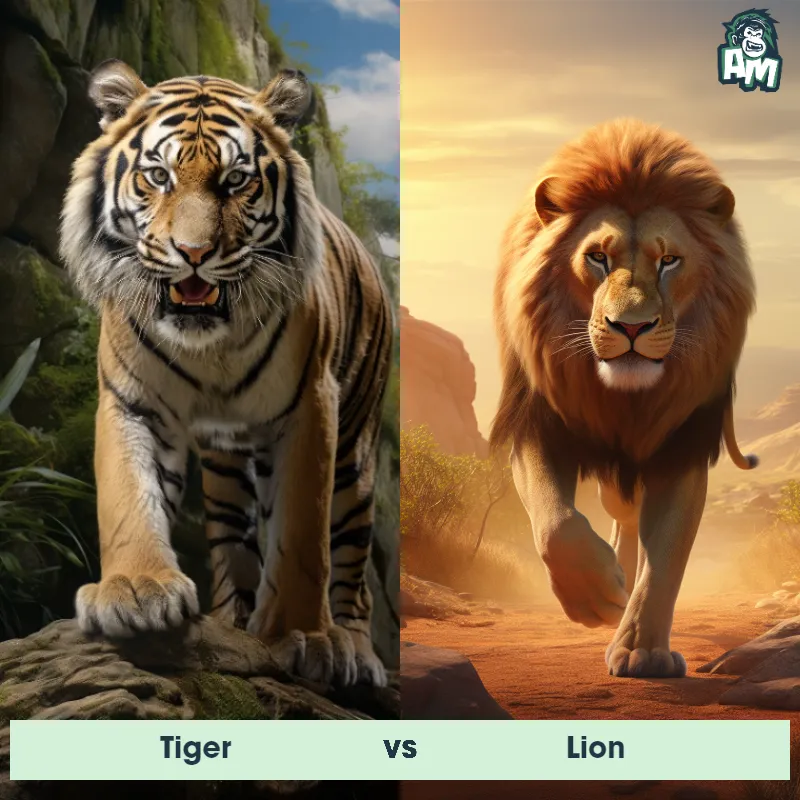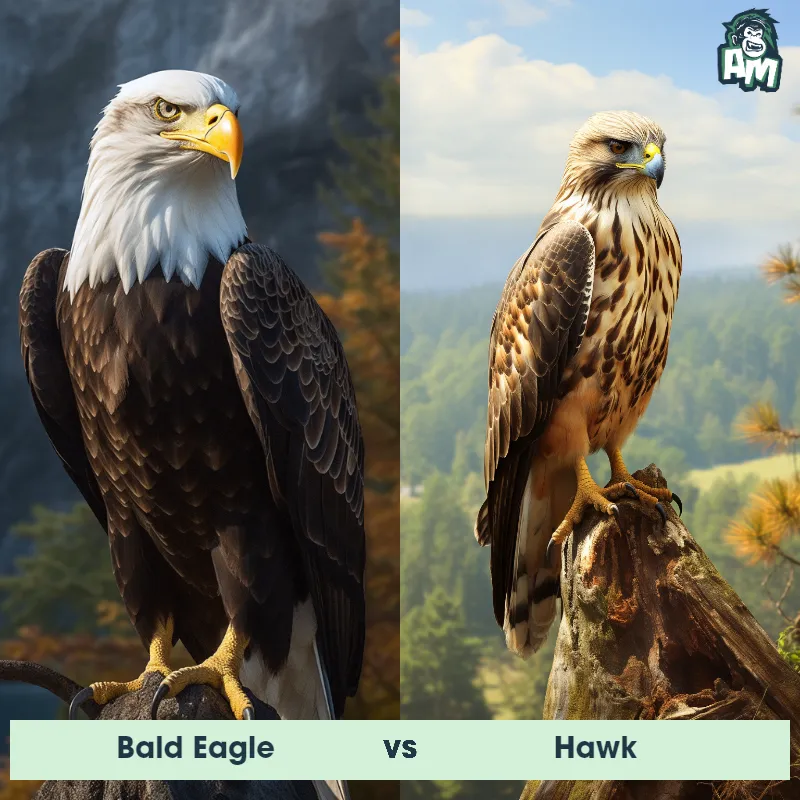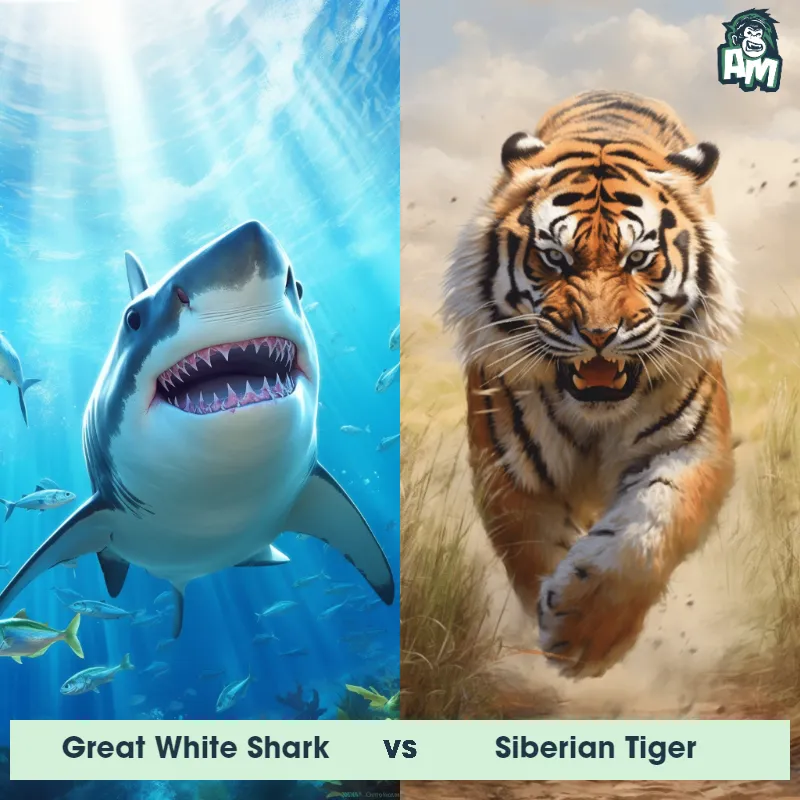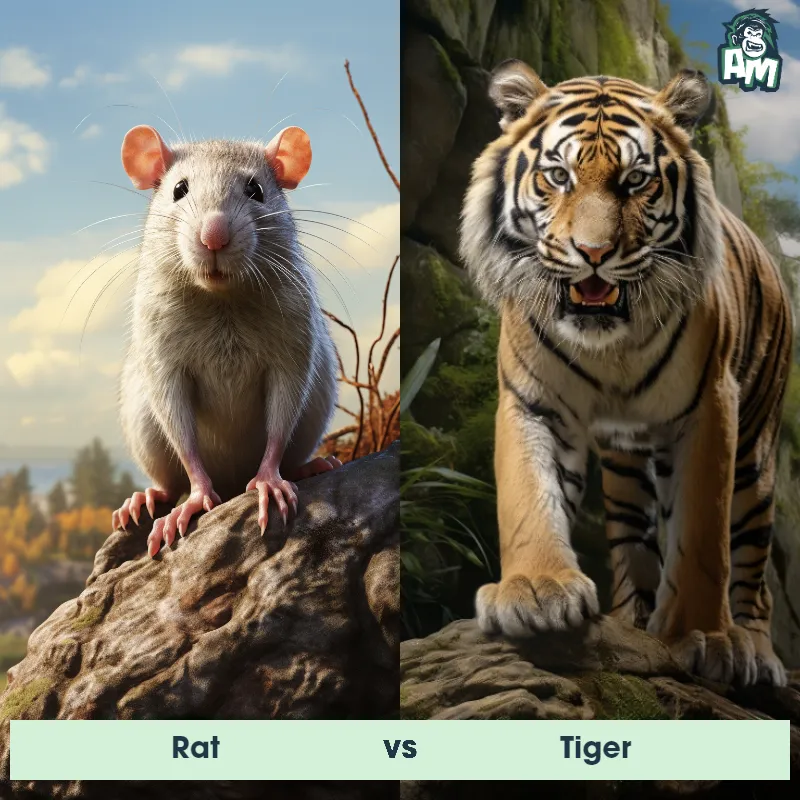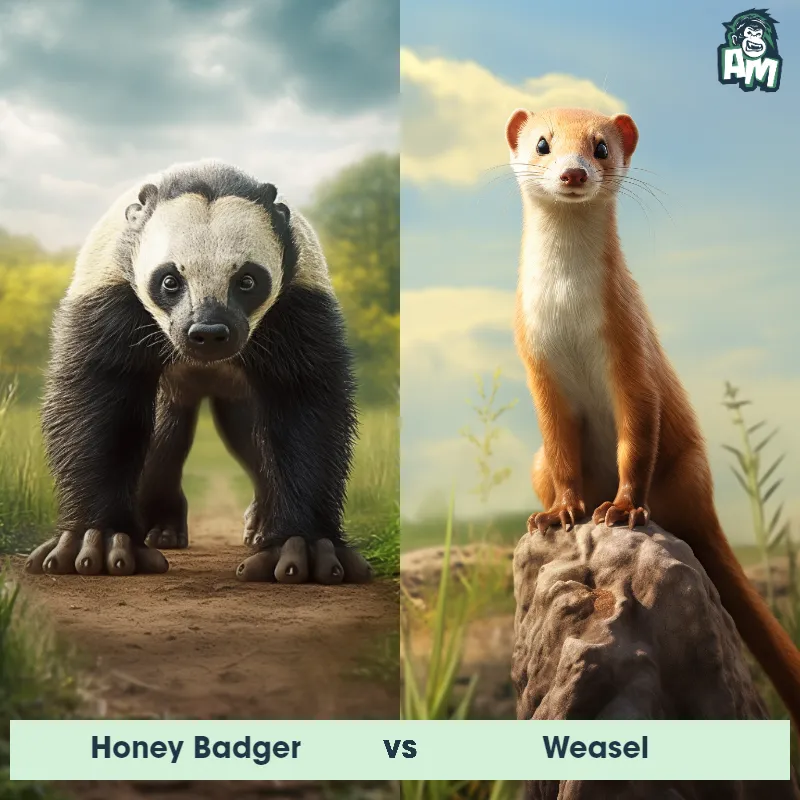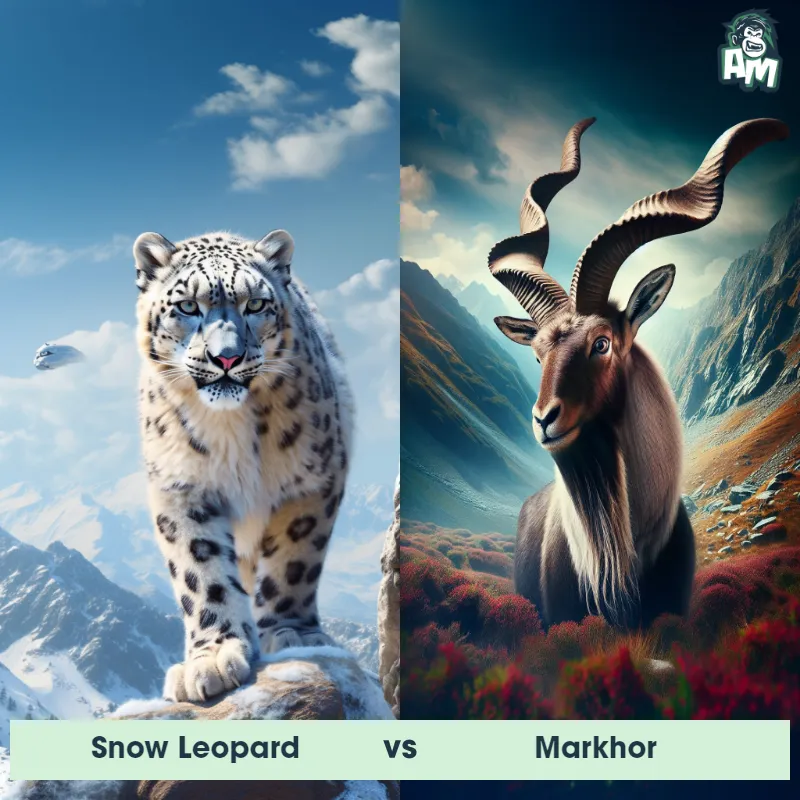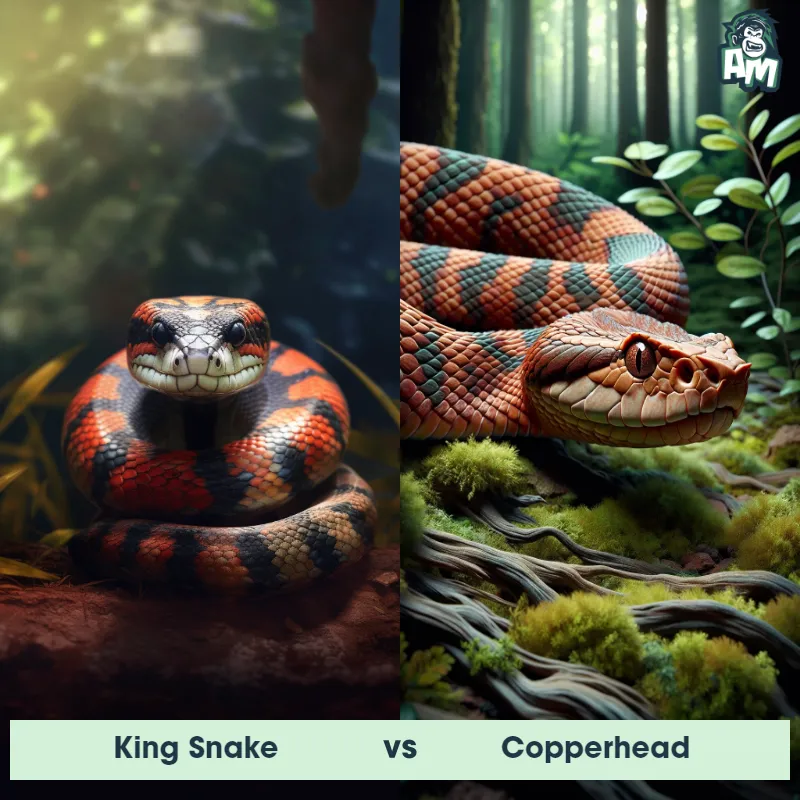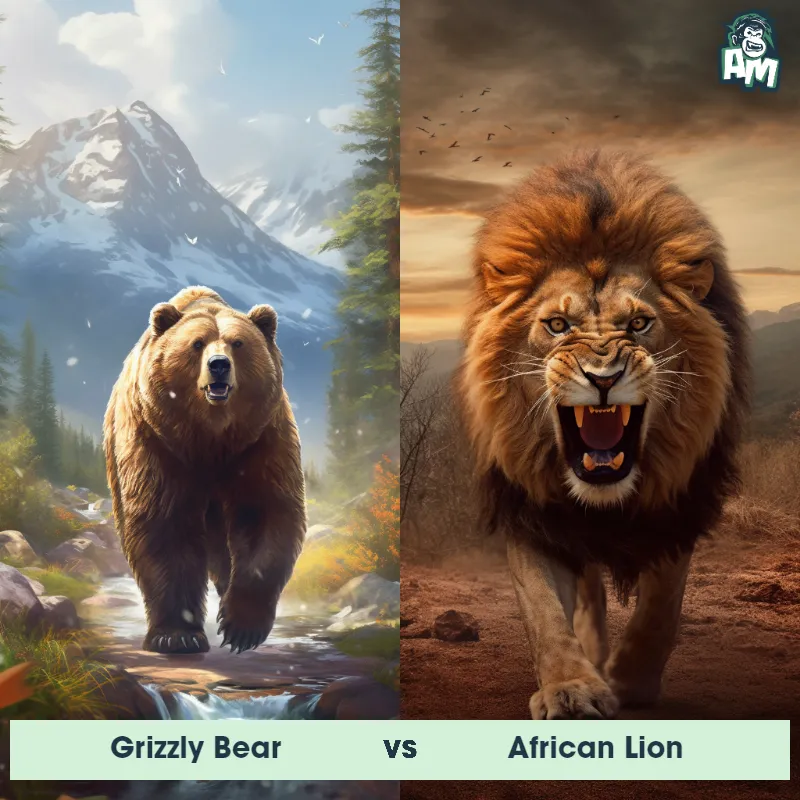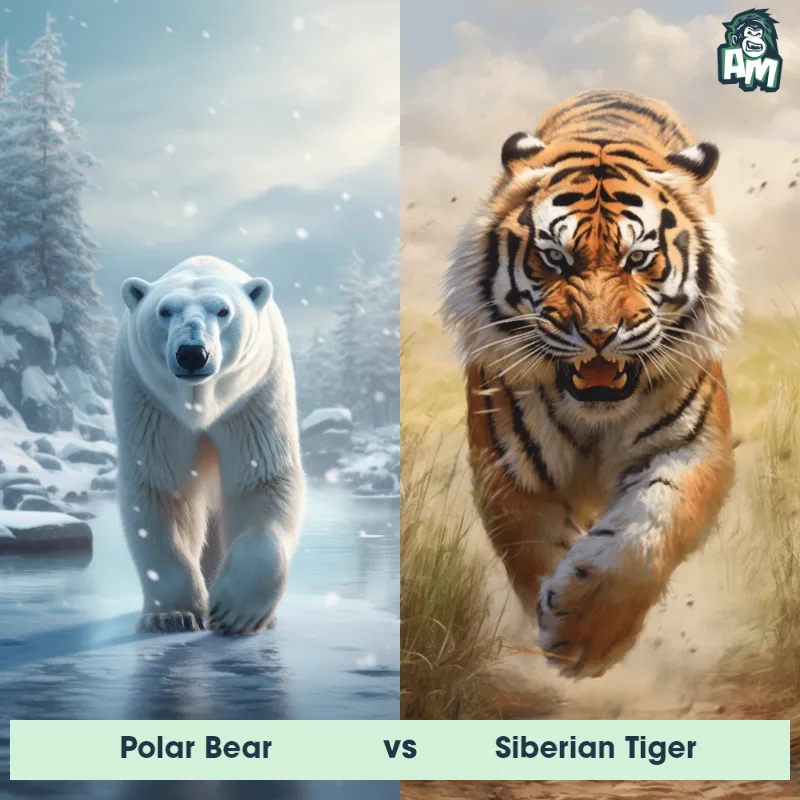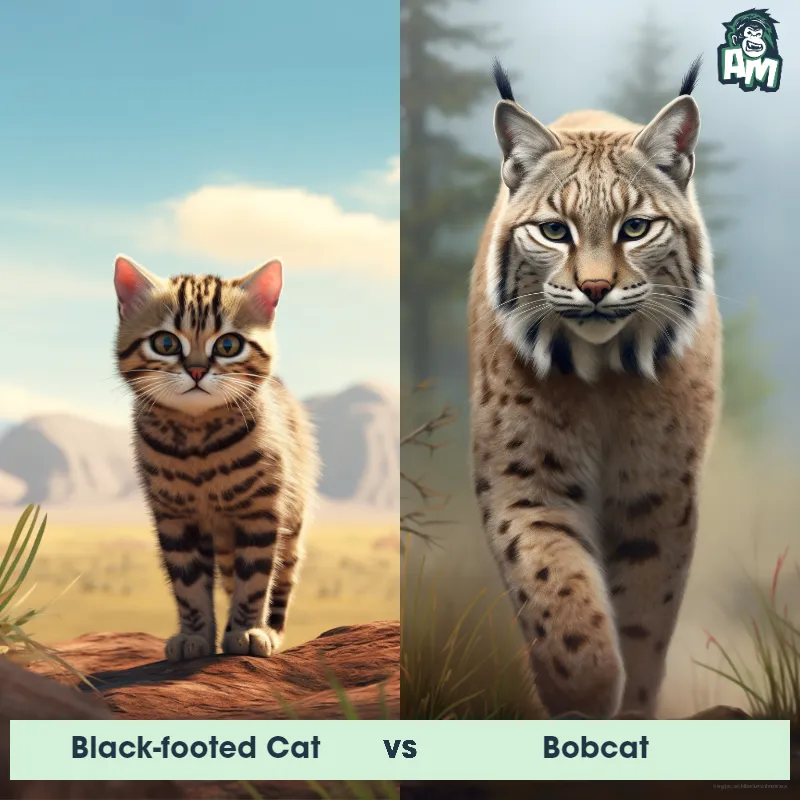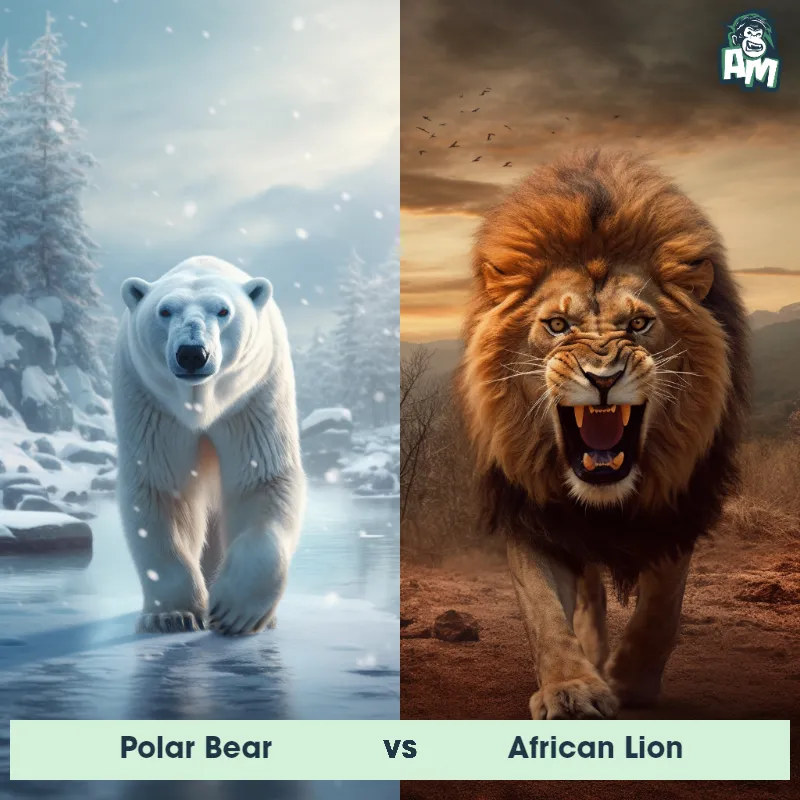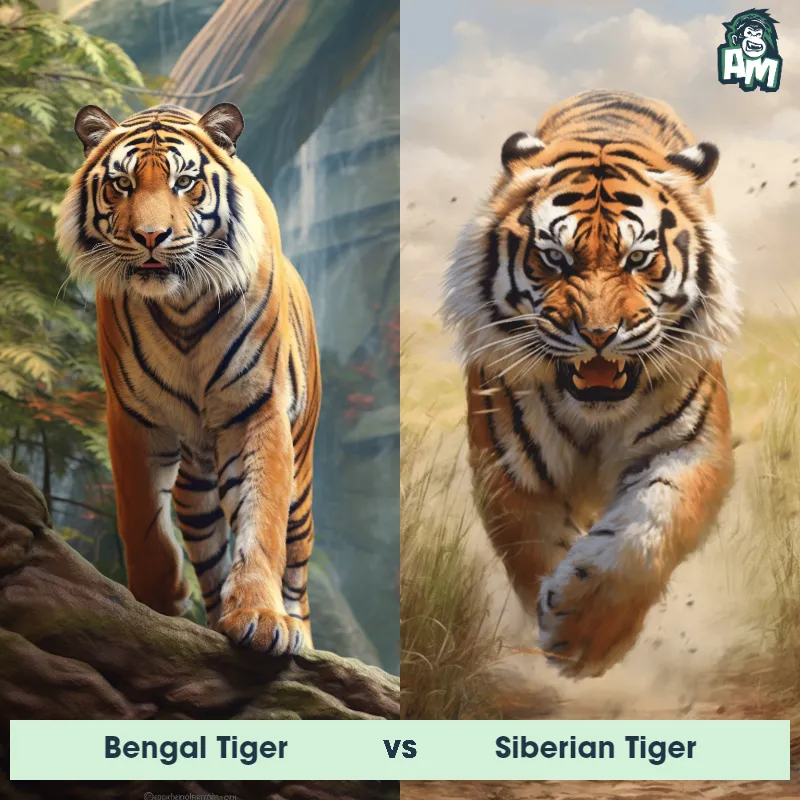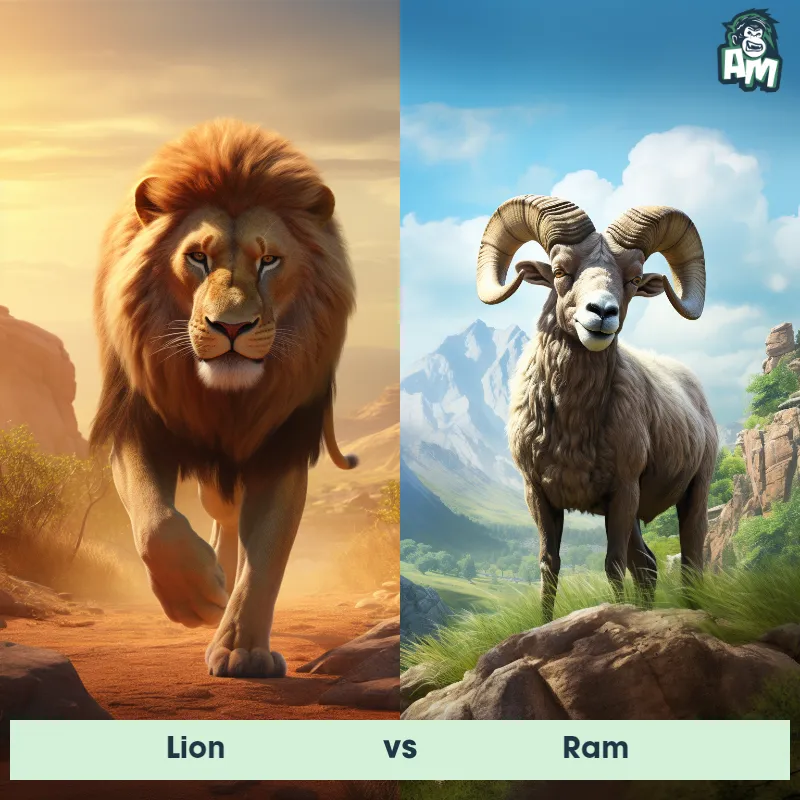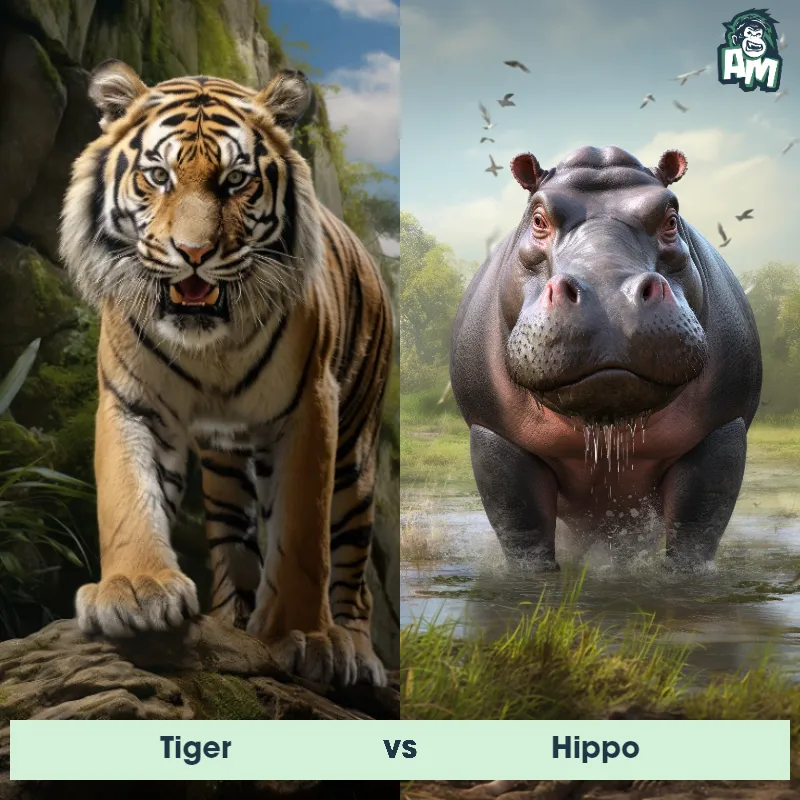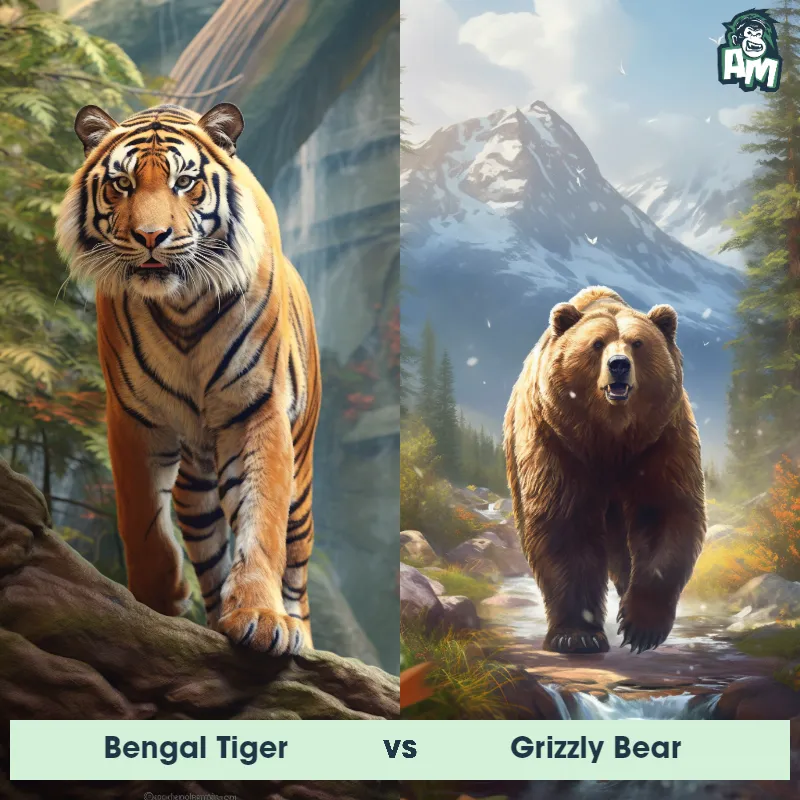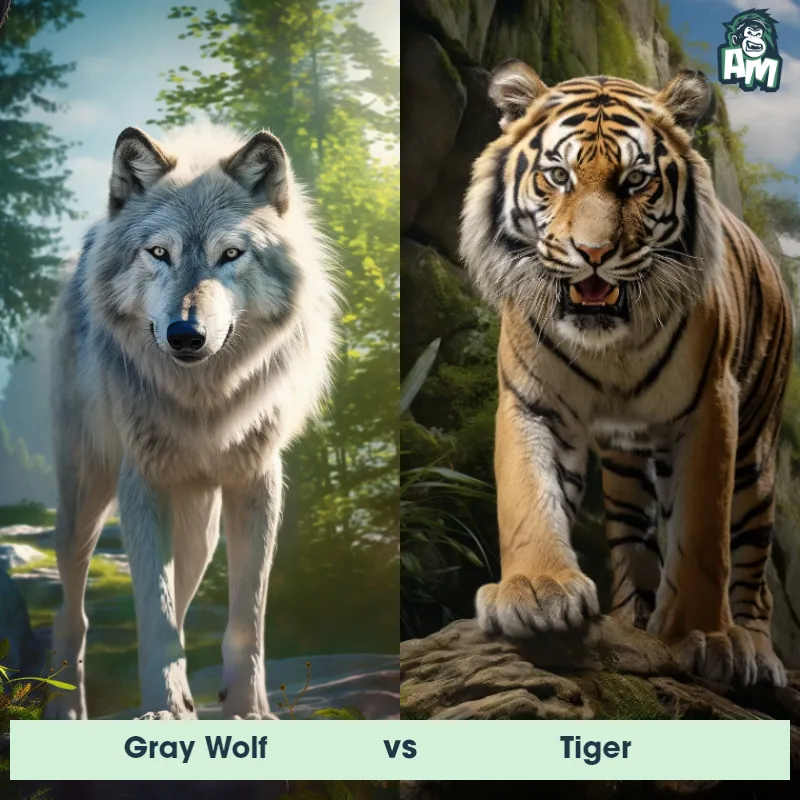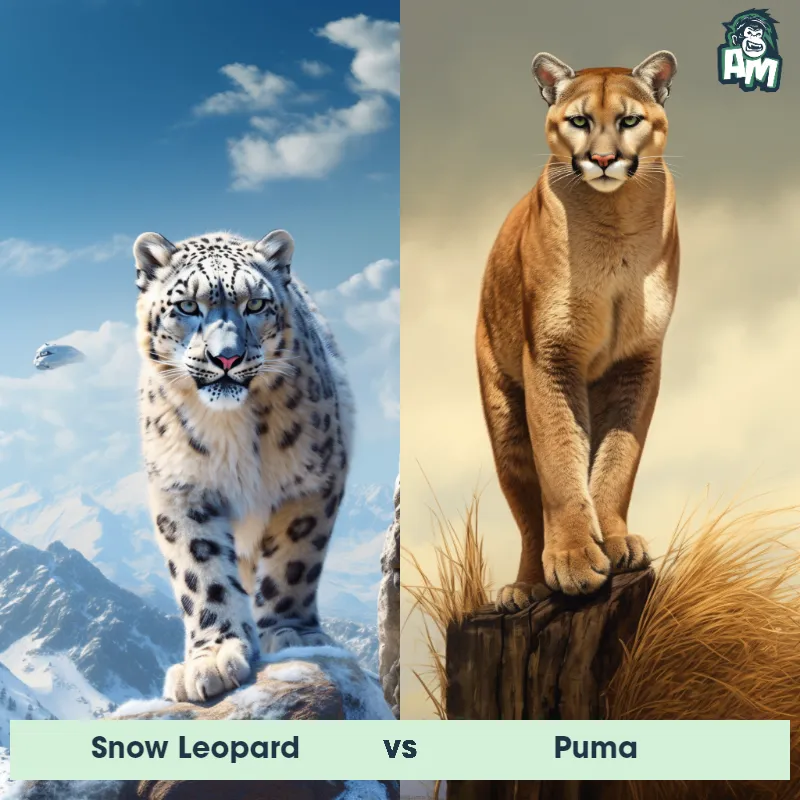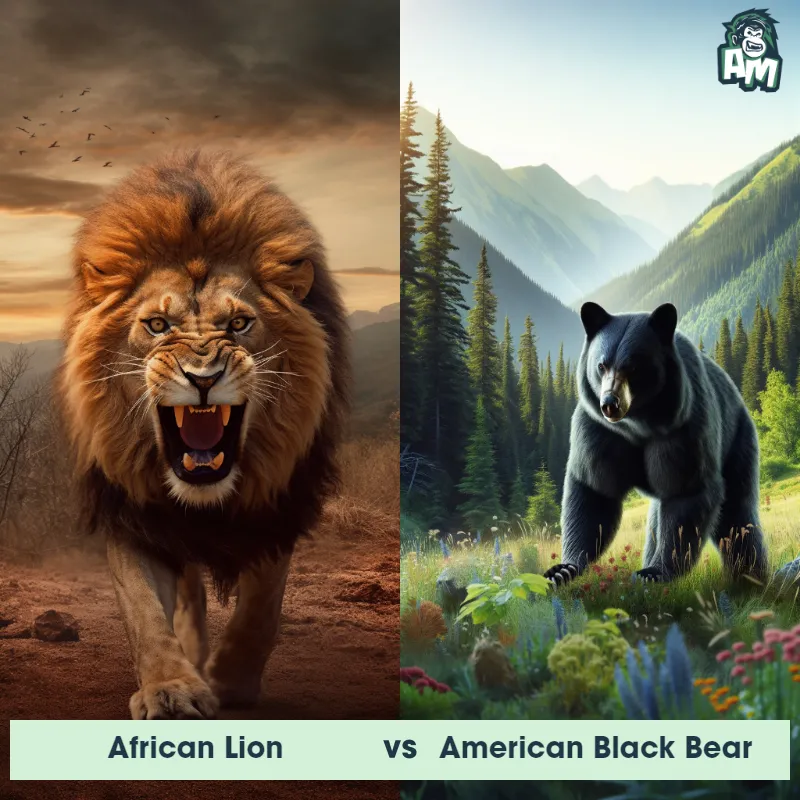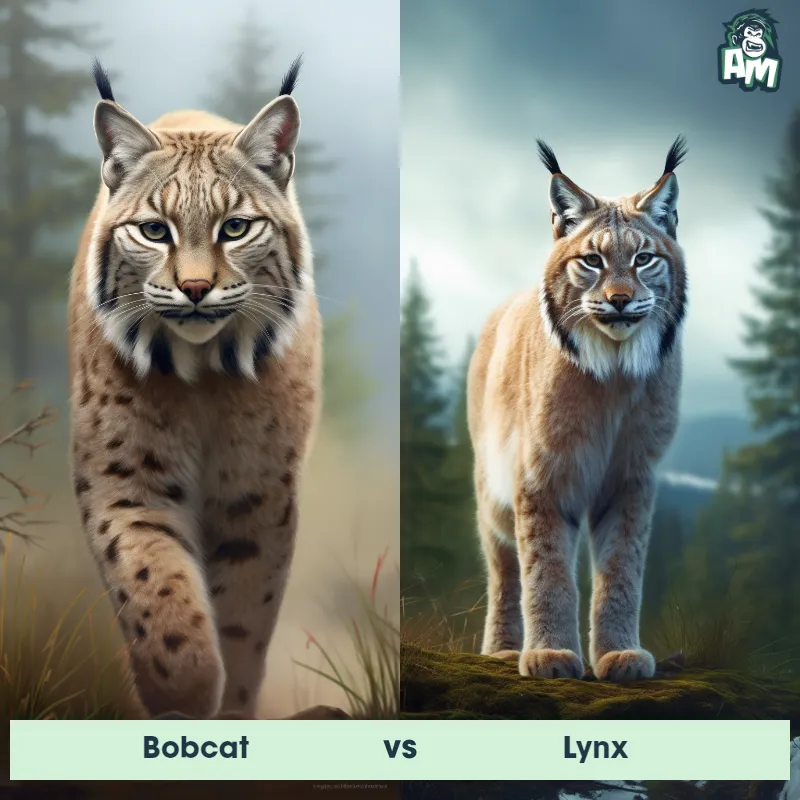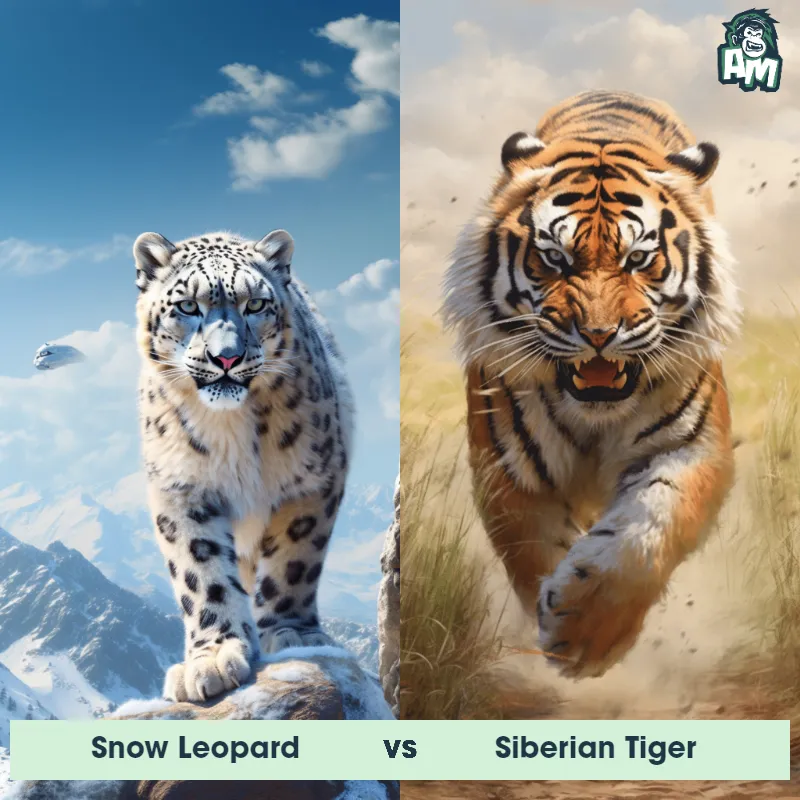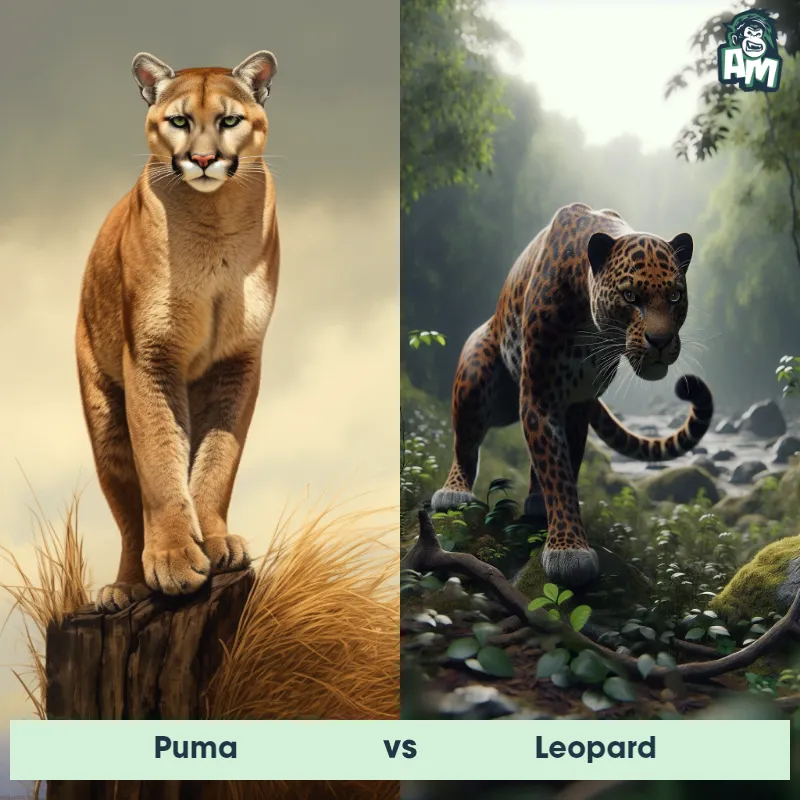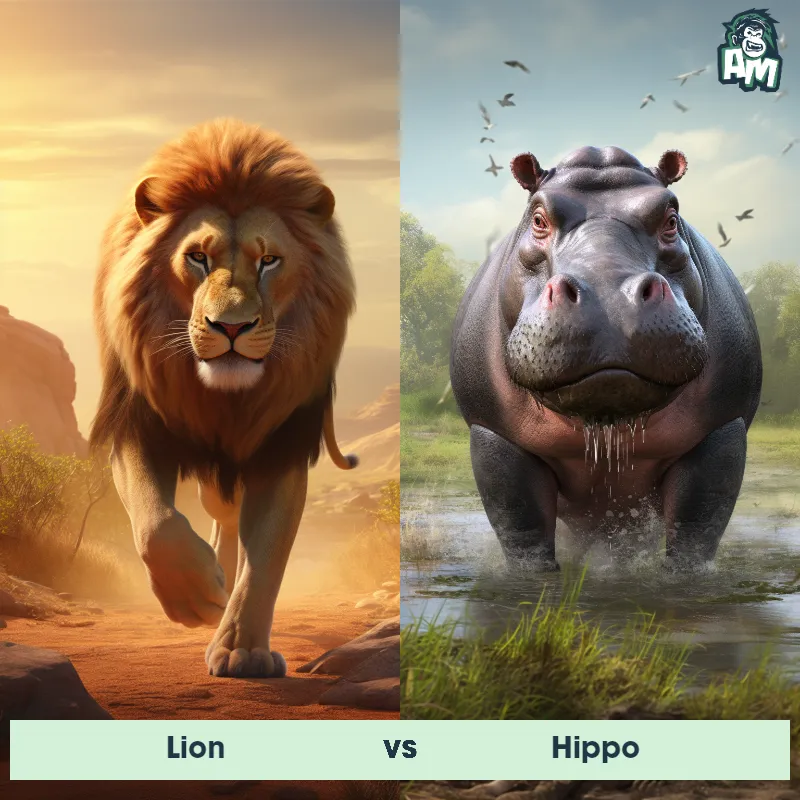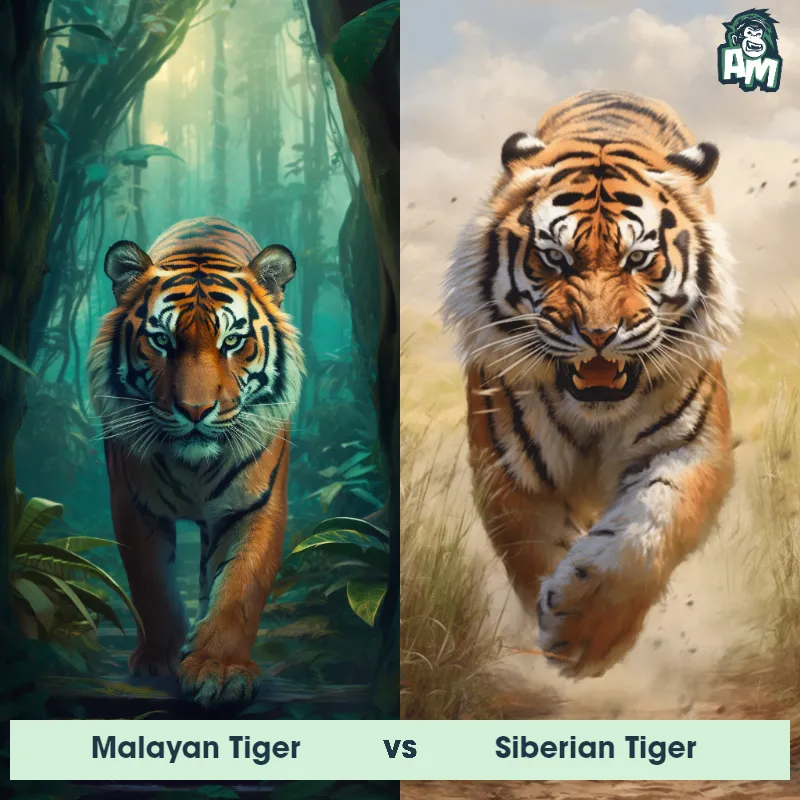Lynx vs Snow LeopardSee Who Wins

Welcome, esteemed audience, to tonight's thrilling contest! We have an exciting duel between two masters of the cold wilderness. In one corner, the nimble hunter from the forests of North America, the Lynx, weighing in at 40 pounds. In the other corner, hailing from the snowy mountains of Central Asia, weighing up to 120 pounds, we have the elusive Snow Leopard. It's a clash of agility, stealth, and adaptability!
Contender 1: Lynx
The Lynx is a medium-sized wild cat with distinctive tufted ears, short tail, and spotted fur. They have powerful legs and sharp claws, which make them excellent hunters. Lynx are solitary animals and are found in forests and mountainous regions across Europe, Asia, and North America.
Fun Fact: Lynx have excellent hearing and can detect prey up to 75 feet away, even under a thick layer of snow.
Contender 2: Snow Leopard
The Snow Leopard, also known as the "Ghost of the Mountains," is a large cat native to the mountain ranges of Central and South Asia. They have a thick, grayish-white fur coat with black spots that helps them blend into their snowy habitat. Snow Leopards have powerful legs and can jump up to 50 feet in one leap. They are also known for their long, bushy tails that help them maintain balance while navigating steep terrain.
Fun Fact: Snow Leopards are excellent climbers and can scale steep cliffs and rocky terrain with ease, thanks to their powerful legs and large paws that act like natural snowshoes.
Matchup Stats
| Lynx | Snow Leopard | |
|---|---|---|
| Size | 18-24 inches (45-60 cm) at the shoulder | 2-2.5 feet (60-75 cm) at the shoulder |
| Weight | 18-24 pounds (8-11 kg) | 60-120 pounds (27-54 kg) |
| Speed | Speed: 50 mph (80.47 km/hr) | Speed: 40 mph (64.37 km/hr) |
| Key Strength | Powerful legs and sharp claws | Powerful legs and sharp claws |
| Biggest Weakness | Short tail | Vulnerable to larger predators |
Current Votes
Lynx vs Snow Leopard
See Who Wins
View More Matches
Looking For More?
Similar Matches
Scientific Stats
| Lynx | Snow Leopard | |
|---|---|---|
| Scientific Name | Lynx | Panthera uncia |
| Family | Felidae | Felidae |
| Habitat | Forests and mountainous regions | Mountain ranges |
| Geography | Europe, Asia, and North America | Central and South Asia |
| Diet | Small mammals, birds, and fish | Mainly wild sheep and goats |
| Lifespan | 10 years - 15 years | 10 years - 12 years |
Key Differences between Lynx and Snow Leopard
- Tail length: The Snow Leopard has a longer tail relative to its body size than the Lynx.
- Ear tufts: The Lynx has distinctive ear tufts that are absent in the Snow Leopard.
- Size: The Snow Leopard is larger than the Lynx, with an average weight of 60-120 pounds compared to the Lynx's average weight of 18-24 pounds.
- Fur color: The Snow Leopard has a light gray or white coat with black spots, while the Lynx has a reddish-brown coat with black spots.
- Habitat: The Snow Leopard is found in the high mountains of Central Asia, while the Lynx is found in boreal forests of North America and Eurasia.



